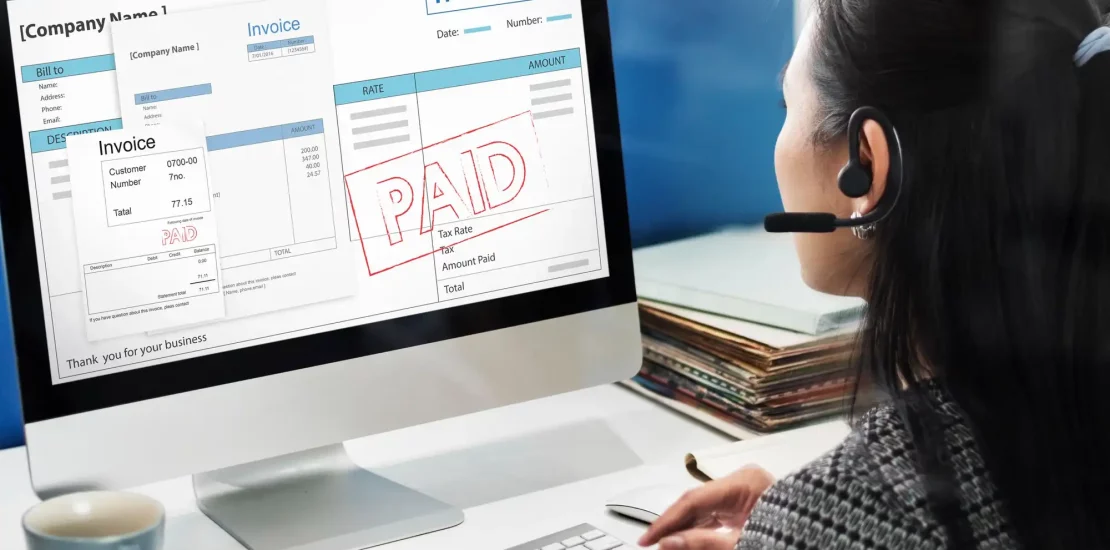E-Invoice Reporting Deadline Reduced: Key Implications for Businesses
- March 31, 2025
- Posted by: demanzo
- Category: Blog

The Government of India has introduced a critical change in the e-invoicing system that will impact a large number of mid-sized businesses. Until now, businesses with an annual aggregate turnover (AATO) of INR 100 crore or more were required to report their e-invoices on the Invoice Registration Portal (IRP) within 30 days of generation. However, from April 1, 2025, this requirement will be extended to businesses with an AATO of INR 10 crore or more. This means a significant number of mid-sized businesses will now have to comply with this stricter e-invoicing deadline.
Why Is This Rule Introduced?
The primary objective of this change is to enhance tax compliance and reduce discrepancies in Input Tax Credit (ITC) claims. By enforcing timely reporting of e-invoices, the government aims to:
- Ensure accurate and real-time tax data reconciliation.
- Minimize fraudulent ITC claims.
- Improve GST compliance and transparency in transactions.
Implications of the 30-Day Reporting Rule
Starting April 1, 2025, businesses falling under this category must adhere to the following conditions:
- Invoices, credit notes, and debit notes older than 30 days from the date of issue will not be accepted on the IRP.
- Invoices not reported within the 30-day period will be ineligible for ITC claims.
- Failure to comply can lead to financial losses as businesses may not be able to claim GST credit on delayed invoices.
This means that compliance is not just a legal obligation but a financial necessity for businesses to avoid unnecessary tax liabilities and cash flow disruptions.
Steps Businesses Must Take to Comply
To ensure seamless compliance with the new rule, businesses need to take proactive steps to update their internal processes and technology systems. Here’s what businesses should focus on:
- Upgrade Accounting and ERP Systems
- Businesses must ensure that their accounting and ERP software can handle real-time e-invoice generation and automatic syncing with the IRP.
- TejoERP and other ERP solutions should be configured to ensure timely reporting to avoid ITC claim losses.
- Automate Invoice Reporting
- Implement automated alerts and reminders to ensure invoices are uploaded within the 30-day window.
- Businesses should set up system-generated warnings for invoices approaching the deadline.
- Train Staff for Efficient Compliance
- Employees handling billing and taxation should be trained on the new rule and the importance of timely e-invoice reporting.
- Workshops and internal training sessions can help reduce human errors and enhance compliance.
- Streamline Billing & Invoicing Workflows
- Businesses should refine their invoicing processes to ensure minimal delays between invoice generation and reporting.
- Real-time synchronization with the IRP should be prioritized to prevent backlogs.
- Monitor and Audit Compliance Regularly
- Regularly reviewing invoice submission logs can help identify potential gaps in compliance.
- Businesses should establish an internal audit mechanism to track e-invoice reporting status and avoid last-minute issues.
Conclusion
With the upcoming changes in e-invoicing rules, businesses with an AATO of INR 10 crore or more must adapt quickly to ensure compliance. Failure to report invoices within 30 days will lead to disqualification for ITC claims, potentially resulting in financial setbacks. By updating ERP systems, automating compliance processes, and training staff, businesses can ensure smooth adaptation to this new regulatory requirement.
For businesses relying on ERPs like TejoERP, integrating automated compliance features can be a game-changer in ensuring timely and hassle-free e-invoice reporting.
The countdown has begun—April 1, 2025, is just around the corner. Now is the time for businesses to act and align their systems with the new GST compliance framework!
